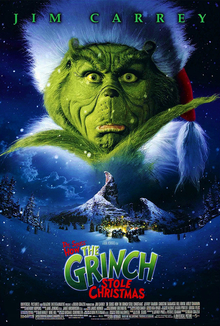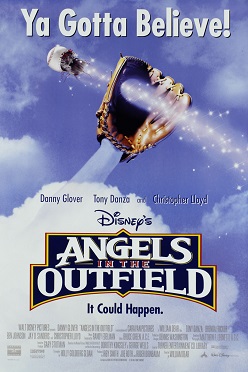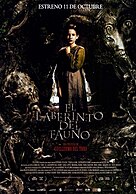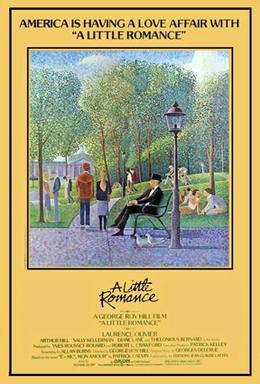Lists






5 Books, 1 Author
Reading list
Sort by:
Recent Desc
More lists by Fox

In-between
List includes: The Ice Follies of 1939
November 2024
0
@Fox215

Places
List includes: Welkinweir
March 2024
0
@Fox215

Podcasts to try out
List includes: How To Do Everything
January 2023
0
@Fox215



Holiday
List includes: The Holiday, How the Grinch Stole Christmas, Elf
November 2022
0
@Fox215


Cooking
List includes: The Joy of Cooking, Thug Kitchen: The Official Cookbook: Eat Like You Give a F*ck
November 2022
0
@Fox215



Family Fun
List includes: Willy Wonka & the Chocolate Factory, Angels in the Outfield, A Christmas Carol
November 2022
0
@Fox215



Watch List
List includes: 21 Grams, Fargo, Pan's Labyrinth
November 2022
0
@Fox215

Has a holiday scene
List includes: Night and Day
May 2025
0
@Fox215

Aunt Flow's Favorites
List includes: A Little Romance
May 2025
0
@Fox215